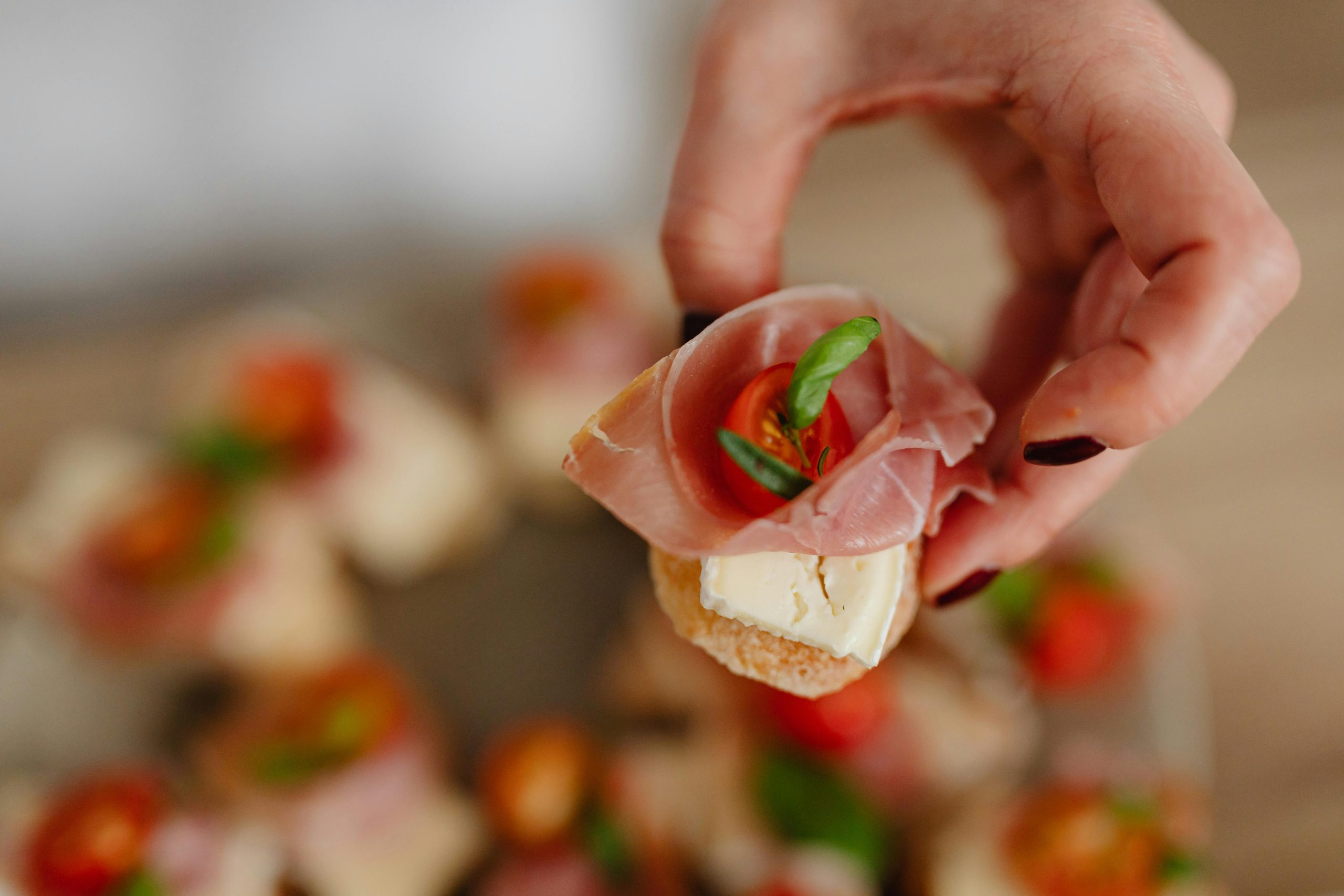The Psychology of First Bites: How Initial Flavors Affect Meal Perception
The first bite of a meal is a crucial moment for our taste buds and our brains. It sets the stage for our entire dining experience, shaping our perceptions of the food we are about to consume. This phenomenon, known as the “psychology of first bites,” has been studied extensively by researchers in the field of sensory science. They have found that initial flavors can greatly influence our overall perception of a meal, leading us to either love or hate a dish. In this article, we will explore the fascinating world of first bites and how they affect our meal perception.
What is the “Psychology of First Bites”?
The “psychology of first bites” refers to the way our brains process and interpret flavors that we taste for the first time. It is a combination of our sensory experience, our previous food preferences, and our expectations of what a certain dish should taste like.
Our senses play a crucial role in how we perceive food. When we take a bite, the receptors in our taste buds send signals to our brain, which then interprets these signals as different flavors. This is a complex process that involves our taste, smell, and even touch. But our perception of a dish goes beyond just these physical sensations; it is also influenced by our memories and emotions associated with food.
The Role of Expectations
Our past experiences and expectations of a dish play a significant role in how we perceive the initial flavors. This is because our brain creates an “expectation template” based on our previous encounters with similar foods. When we taste something for the first time, our brain compares it with this template, determining if it meets our expectations or not.
For example, imagine you are trying a dish that claims to be “spicy.” If you have never tried spicy food before, your brain might perceive the initial bite as incredibly hot and overwhelming. However, if you are someone who loves spicy food, your brain might not find it as intense, as it has already created an expectation that spicy food should taste a certain way. This is why the same dish can taste completely different to two different people.
The Power of the First Bite
The first bite of a meal can have a profound impact on our overall perception of the dish. This is because our brains tend to remember and focus on our initial experiences more strongly. In fact, studies have shown that our memory of the first bite can influence how we taste the rest of the meal. If the first bite is pleasing, our brain will continue to perceive the following bites in a positive light. On the other hand, if the initial bite is unpleasant, our brain will be more critical of the flavors to come.
How Chefs Use First Bites to Create Memorable Meals
Chefs understand the power of the first bite and use it to their advantage when creating dishes. They carefully craft their menus to ensure that the first bite of each dish is packed with flavors that will excite and entice the diner. This not only creates a favorable impression of the dish but also helps to set the stage for the rest of the meal.
From selecting the right ingredients to arranging them on the plate, chefs pay close attention to how the dish will be tasted and experienced by their diners. They may add a burst of citrus to brighten up the first bite or add a sprinkle of fresh herbs for an added layer of flavor. The goal is to make the first bite memorable, so it stays in the diner’s mind throughout the meal.
In Conclusion
The psychology of first bites is a fascinating subject that has shed light on how our brains perceive food. The next time you take a bite of a dish, pay attention to the initial flavors and how they shape your overall perception. By understanding and appreciating the power of first bites, we can learn to fully appreciate the complex and intricate experience of dining.











